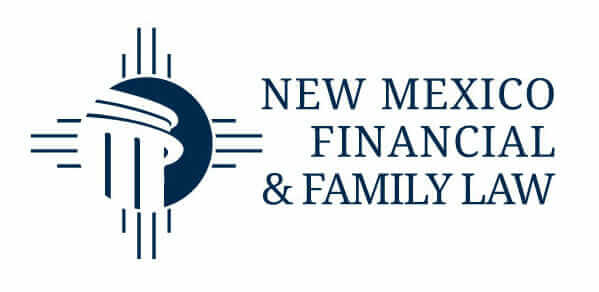Leading Financial and Family Law Attorneys
For most folks, filing bankruptcy is a last resort. In fact, many people feel that it is their responsibility to pay off their debt and a failure to do so means neglecting their duty.
However, congress created the bankruptcy safety net for a reason, and if you’re drowning in debt and there appears to be no way out, filing bankruptcy may be your best option to discharge the debt and get back on your feet.
The two most common type of bankruptcy chapters in the United States for individuals are Chapter 7 and Chapter 13.
Chapter 7 discharges most of your debt, without requirement payments in most cases, while Chapter 13 requires you to come up with a way to repay your creditors a percentage of the debt over a 3-5 year period, after which your debt will discharged.
Consulting with a knowledgeable bankruptcy attorney can help you decide which option is best for you.
How to file bankruptcy in New Mexico
When you file for bankruptcy, you are required to submit a list of all your debts on detailed bankruptcy schedules so that the court and creditors understand your financial situation.
Your creditors and amounts owed, which must be listed individually, serve as a record of your debt to the court.
For example, if you owe $3,000 on your car loan, the car dealer has a $3,000 claim with you that needs to be listed when you file.
While most bankruptcy obligations are straightforward to disclose, some are more difficult and best navigated with the assistance of an experienced bankruptcy attorney.
Listed below are some of the types of claims on a bankruptcy form:
- Unliquidated bankruptcy debts. This refers to when you know you’re going to owe money, but the exact amount is still unknown. A common example would be if you’re involved in a lawsuit and your lawyer is working on a contingency fee basis. Since you don’t know if you’ll win or lose the case (hence you don’t know how much you’ll owe the lawyer), this type of debt is considered to be unliquidated.
- Contingent bankruptcy debts. This means your claim is contingent on some event to happen or not happen. For example, if you co-signed a loan, you are only responsible for the debt if the main debtor fails to pay it back.
- Disputed bankruptcy debts. When you and the creditor disagree about the amount of money owed, this must be listed as a disputed claim.
Consult with a knowledgeable bankruptcy lawyer in New Mexico
With over 30 years in the business, New Mexico Financial and Family law has the skills and experience needed to get you the best possible results in the Albuquerque bankruptcy court.
If you’re considering filing for bankruptcy or have already started the process, we can help you prepare and review your case so that you receive the best possible results.
Give us a call today at (505) 503-1637 or reach out to us online.
We are a debt relief agency and have practiced bankruptcy law for a combined 50 years. Our services include helping individuals and couples file for bankruptcy relief under the Bankruptcy Code.
Let’s Talk.
Enter your details below to schedule a consultation.
